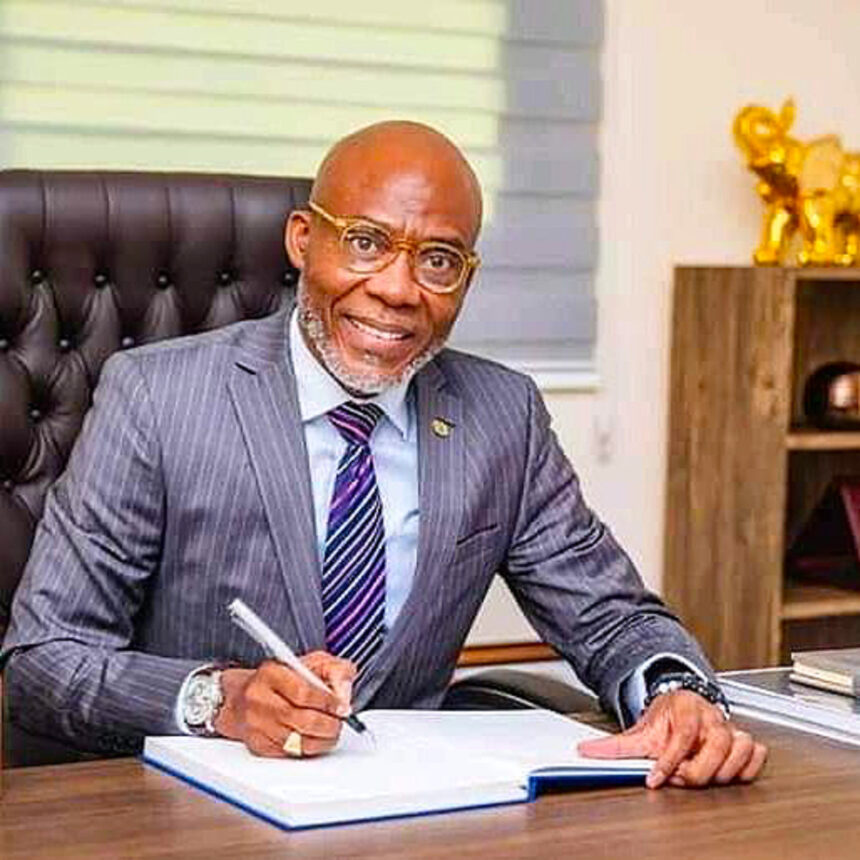Musah Superior writes;
BROKEN PROMISES: Part 3.
The 24-Hour Economy Mirage: Mahama’s Empty Promise to Ghanaians.
In 2024, the National Democratic Congress (NDC) branded its entire campaign on a leading promise: the 24-Hour Economy. It was sold as a game-changer, a bold idea that would multiply jobs, boost productivity, and transform Ghana’s struggling economy. Candidate John Mahama became synonymous with the phrase “one job, three people, three shifts.”
But eight months into his presidency, the 24-Hour Economy has been exposed for what it really is: a slogan in search of substance. The NDC’s message was clear on the campaign trail. Ghana would move beyond daytime productivity into a round-the-clock system that employed more people, expanded services, and made the economy more competitive. Mahama promised incentives for businesses, cheaper off-peak electricity, and new labour protections to anchor the shift.
Fast forward to today, and the reality is embarrassingly thin. By May 2025, the government was still boasting about having produced a “framework.” By July, officials claimed the 24-Hour Economy had “moved from slogan to strategy.” Yet in Ghanaian households, not a single citizen can point to their job being split into three shifts with three employees as Mahama promised. Ghanaians voted for jobs. What they have received instead are committees, legal drafts, and empty rhetoric.
The inconsistency runs even deeper. Long before the government began talking about the 24-Hour Economy, the Chief of Staff, Julius Debrah, signed a letter that brutally sacked genuine recruits from state institutions. Ironically, some of those very sectors—ports, public services, and agencies—were the ones Mahama later promised would spearhead his new jobs agenda.
How does a government champion job creation while simultaneously denying thousands of qualified young people the chance to work in the same institutions it claims will anchor the 24-Hour Economy? This is not just hypocrisy; it is betrayal.
The failures are even more glaring when one looks at the public sector. Nurses, doctors, and teachers; the backbone of any 24-hour public service, are agitating over months of unpaid salaries. Instead of expanding shifts and hiring more staff, the government cannot even pay those already employed. The promise of a round-the-clock system is meaningless when existing workers are demoralised and unpaid.
How can Mahama credibly talk about sustaining a 24-Hour Economy when the very people meant to staff it are striking over arrears?
Mahama’s government points to amendments in the Labour Act, tweaks to the Ghana Investment Promotion Centre law, and plans for a time-of-use electricity tariff. But these are bureaucratic distractions. The true measure of the 24-Hour Economy is simple: jobs created. And on that front, the record is damning.
There is no data showing factories running on three shifts. No evidence of transport systems employing more workers. No numbers on how many private businesses have joined the scheme. Eight months in, the policy has failed the only test that matters is the livelihoods of ordinary Ghanaians.
The 24-Hour Economy is fast becoming a political mirage. Instead of creating new opportunities, it has exposed the widening gap between the NDC’s promises and its performance. Ghanaians were told to expect an economic revolution. What they got is the same old cycle: slogans at election time, frustration afterwards.
The tragedy is that Ghana desperately needs solutions to unemployment. But when the flagship policy of the government is still stuck at the stage of frameworks and promises nearly a year into its tenure, it becomes clear that the NDC’s campaign was more about votes than about jobs.
Mahama promised prosperity, but Ghanaians are watching his flagship policy collapse under its own contradictions. The government cannot pay existing workers yet speaks of creating three-shift systems. It sacks recruits from state institutions and still preaches job creation. It rolls out slogans while citizens demand results.
The 24-Hour Economy has become the ultimate symbol of NDC inconsistency: a headline-grabbing promise with no real delivery. Unless the government can show tangible results; actual jobs, not frameworks, this policy will join the long list of broken promises that have defined Mahama’s political career.
For now, the only thing operating 24 hours a day in Ghana is the hardship Ghanaians endure.


